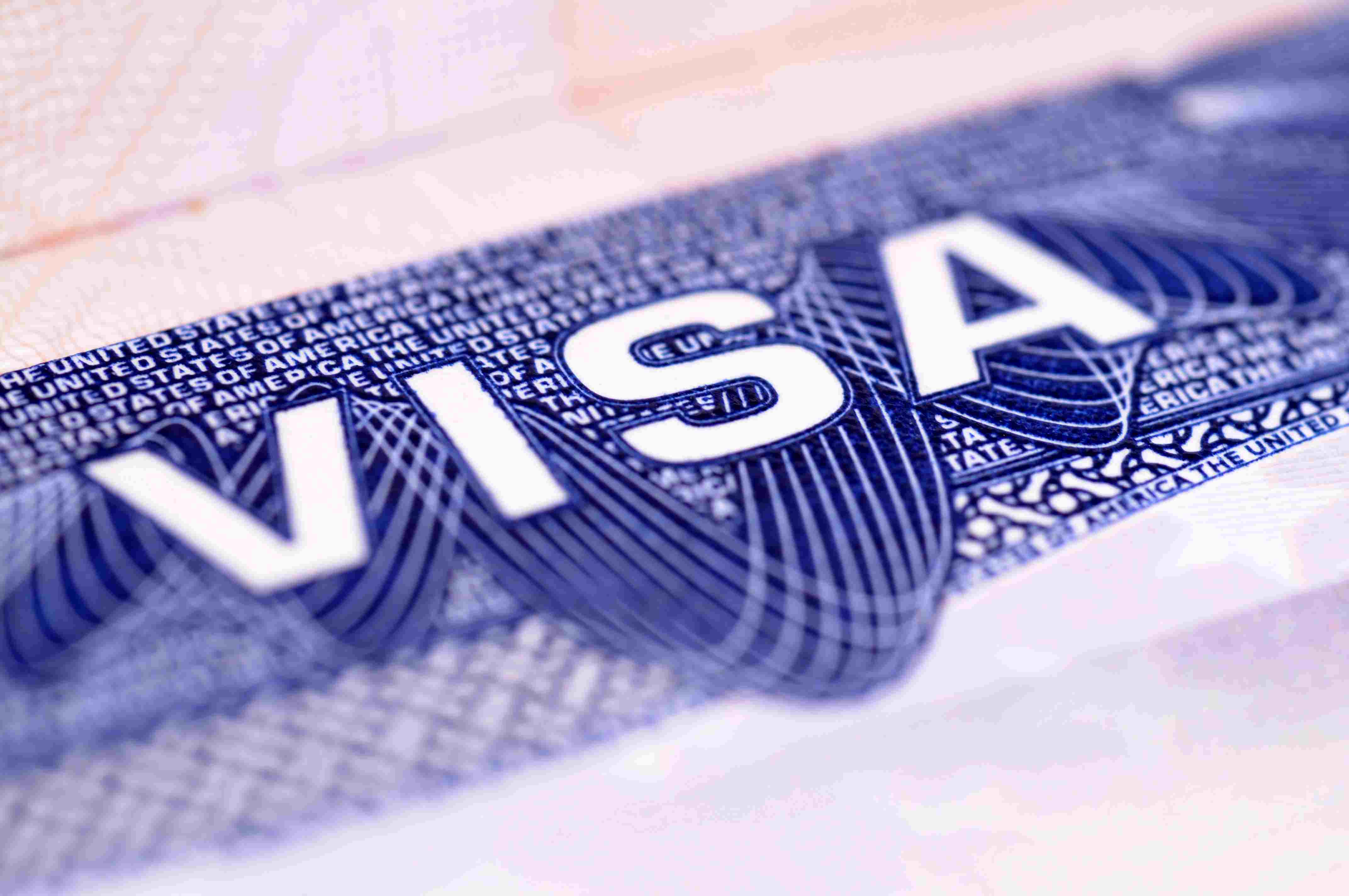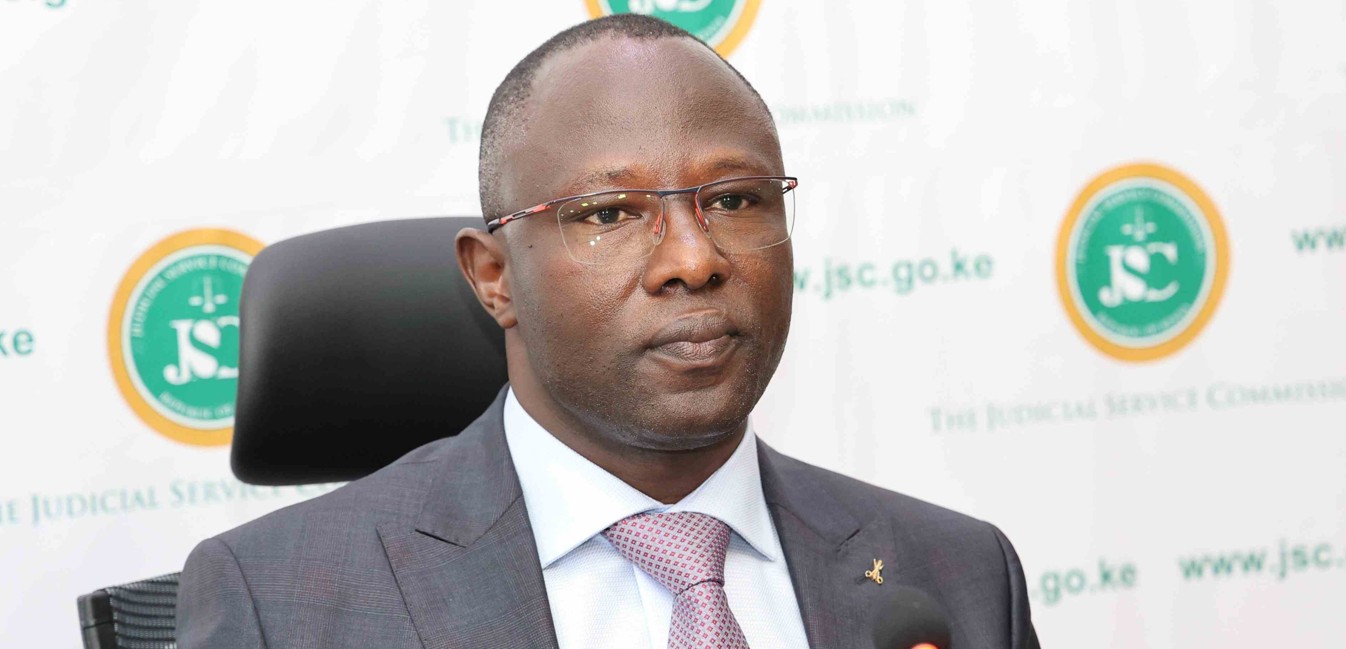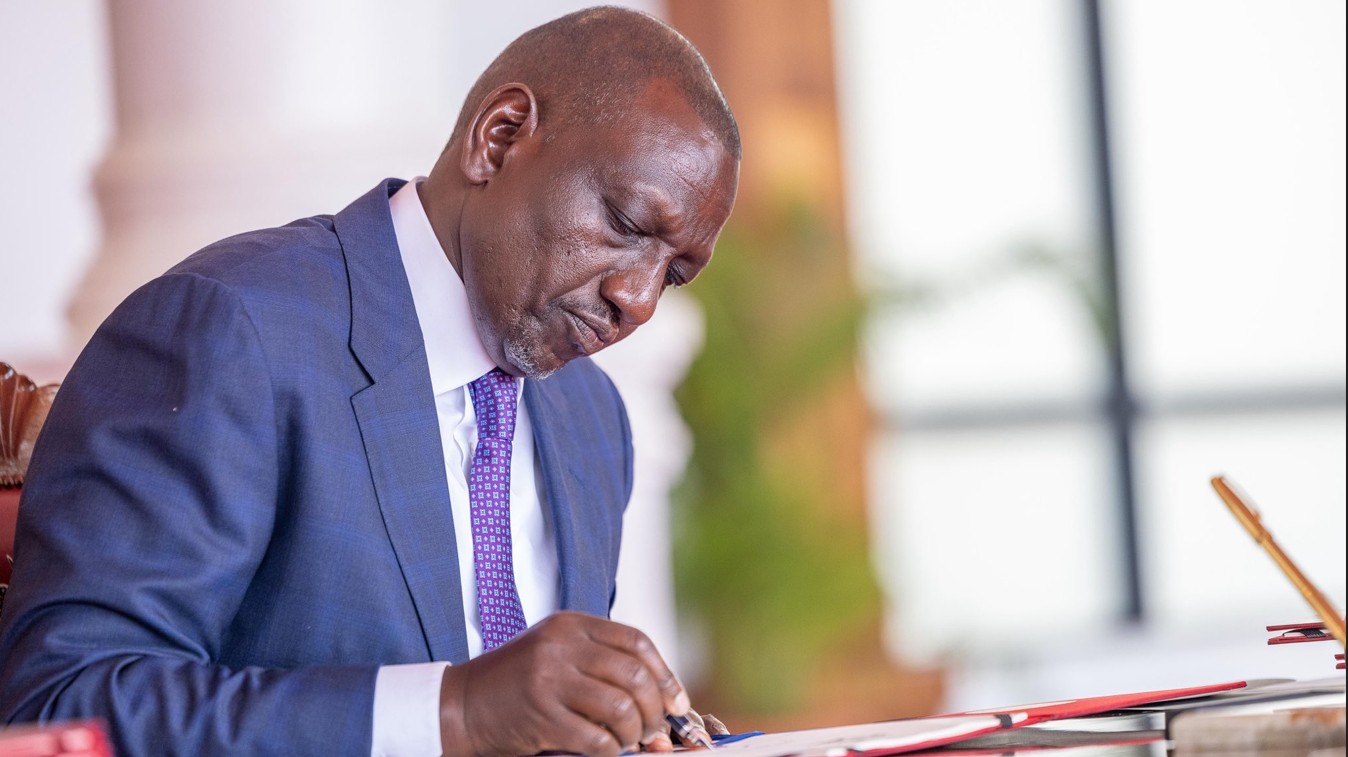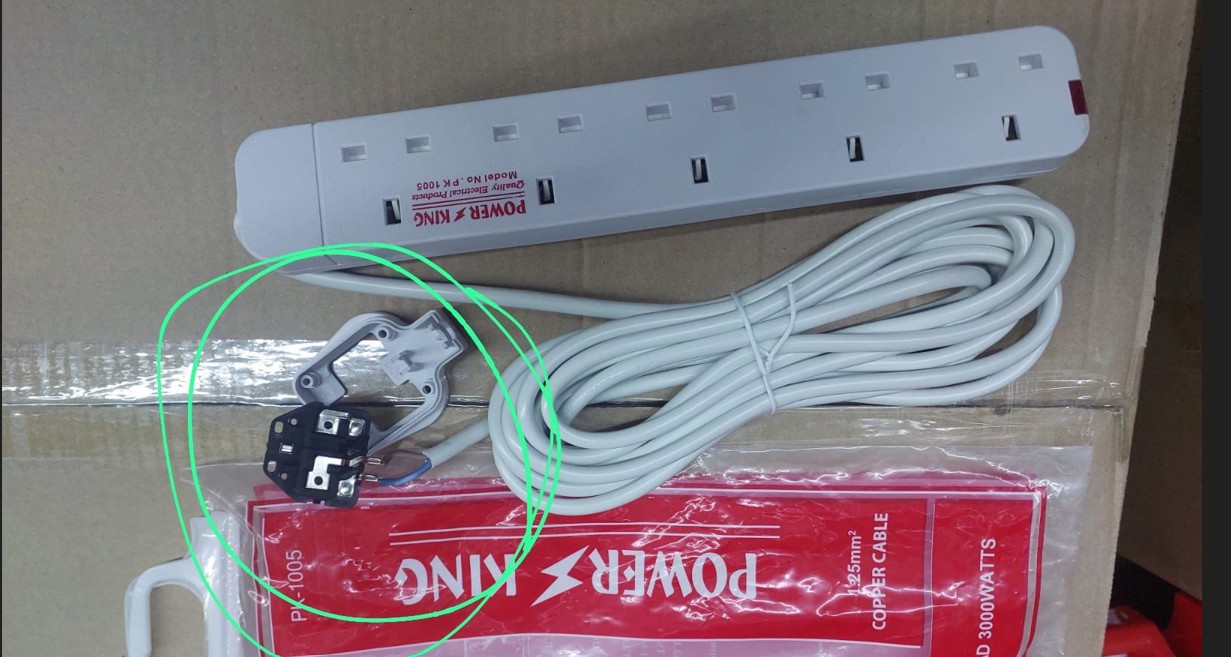KWS proposes first park fee hike in 18 years to bridge Sh12 billion conservation funding gap
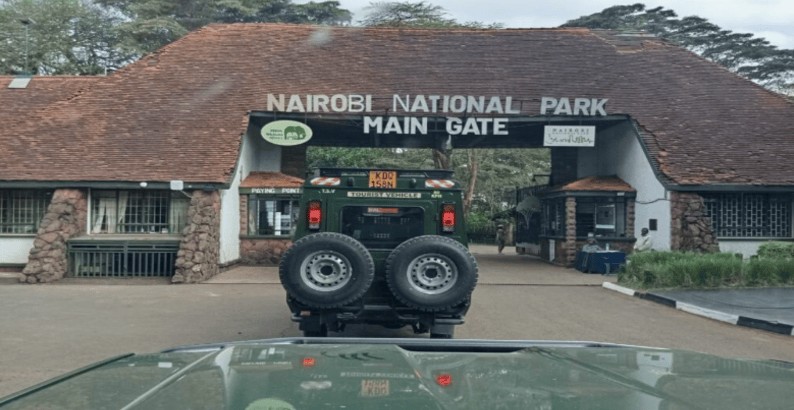
The proposed fee changes are detailed in the draft Wildlife Conservation and Management (Access and Conservation Fees) Regulations, 2025, which is currently open for public review.
The Kenya Wildlife Service (KWS) has proposed its first increase in national park access and conservation fees in nearly two decades, aiming to bridge a Sh12 billion annual funding gap that threatens wildlife protection efforts.
KWS says the revised charges are intended to boost revenue for sustaining conservation activities, improving infrastructure, and reducing dependence on the Exchequer.
More To Read
- Kilifi families receive Sh60 million compensation for human–wildlife conflict deaths
- KWS unveils KWSPay platform to cut park entry time to three minutes
- Activists propose arrest powers for IPOA amid rising cases of police brutality
- KWS adds express lanes for prepaid tickets at Nairobi Park after public outcry over long queues
- KWS apologises over long queues at Nairobi Park after viral video exposes chaotic entry system
- Kenya’s rhino boom signals major win for wildlife conservation as population grows by 31pc
The proposed changes are detailed in the draft Wildlife Conservation and Management (Access and Conservation Fees) Regulations, 2025, currently open for public review.
If implemented, the new structure will apply to national parks, reserves, sanctuaries, and marine protected areas, with KWS projecting annual revenue to nearly double to Sh16.58 billion by 2028.
Unchanged since 2007
KWS Director-General Erustus Kanga noted that the current fee framework has remained unchanged since 2007, despite rising operational demands, inflation, and shifting visitor expectations.
“For over a decade, our conservation fee structure has remained static, despite rising costs, evolving visitor expectations and increasing threats to wildlife,” Kanga said.
He stressed that the review was not simply a financial exercise, but a matter of ensuring the long-term survival of Kenya’s natural heritage.
“This review is not just about revenue—it is about the survival of our wildlife and the resilience of our conservation systems. The proposed changes are part of a broader revenue enhancement strategy designed to support core conservation activities,” he said.
KWS currently generates Sh7.92 billion from tourism-related activities, over 90 per cent of its internal revenue, but requires Sh19.79 billion annually to fulfil its conservation obligations.
The agency warned that the growing fiscal gap threatens not only conservation but also the broader wildlife economy that supports more than a million Kenyans.
Widening fiscal deficit
“We are facing a widening fiscal deficit that undermines not only conservation but also the livelihoods of over one million Kenyans whose jobs depend on a thriving wildlife economy, ranging from community scouts and rangers to tour operators, hoteliers and artisans,” Kanga said.
The proposed fee increase is part of the KWS 2024-2028 strategic plan, which aims to develop a self-sustaining conservation financing model aligned with global standards and less dependent on National Treasury allocations.
Revenue raised under the new structure will be channelled into key areas including habitat restoration, community compensation schemes, enhanced wildlife security, park infrastructure improvements, and conservation education for young people.
KWS said the proposals were informed by a comprehensive impact assessment and countrywide stakeholder consultations.
“This is a transparent, inclusive effort. We’ve involved all stakeholders, local communities, tour operators, conservation partners and visitors—because the future of our wildlife belongs to all of us,” Kanga said.
World-class tourism destination
He added that the initiative balances the country’s conservation priorities with its reputation as a competitive and world-class tourism destination.
“It’s a bold and necessary step to protect our biodiversity, support communities who coexist with wildlife, and secure the future of Kenya’s natural heritage for generations to come,” Kanga said.
The service has called on the members of the public to review the proposed regulations and submit feedback at KWS offices, the Ministry of Tourism and Wildlife, or via email at [email protected].
KWS said wildlife tourism contributes close to 10 per cent of Kenya’s GDP and generates over USD1 billion (Sh129.5 billion) in direct annual revenue.
It reiterated that the proposed fee adjustments are essential to unlocking greater ecological and socio-economic benefits in the coming years.
Top Stories Today
